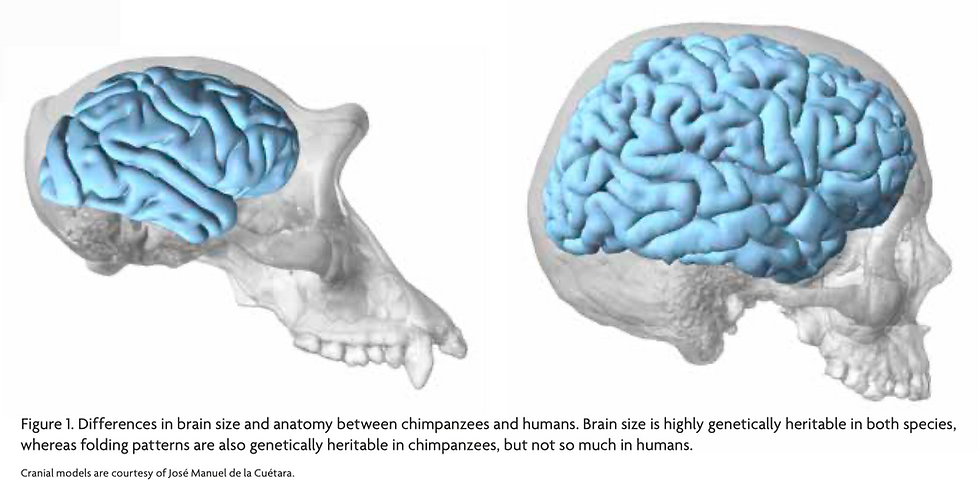Decision-Making Heuristics and Evolution
- Wu, Bozhi

- Nov 14, 2019
- 3 min read
Updated: Mar 19, 2021

Reading:
Tversky, A., & Kahneman, D. (1974). Judgment under uncertainty: Heuristics and biases
Markman, A. B., & Medin, D. L. (2002). Decision making
We often list mental capacities for thinking, reasoning, and decision-making as some of the more “advanced” abilities we possess that most of the other animals do not. As a result, the scientific inquiry for how decision-making is realized and what factors have been contributing to this process has always been one of the central questions that scientists want to solve. And for more practical reasons, those fields of research have also attracted the attention of economists (later forming behavioral economics), as most economic models are built upon some fundamental assumptions about human decision-making. For instance, in the classical model, economics views each human being as a completely rational decision-maker, forming judgments based on available information and utility calculation. However, more and more research findings have suggested the oversimplification of this model by showing how human decisions are largely relying on factors including emotions, motivations, goals (other complex human mental activities), depending on the environmental conditions, and influenced by how the questions are framed or what information (whether useful or not) is available.
Some of the most well-known works were done by Tversky and Kahneman, who have conducted multiple experiments on human decision-making processes and concluded their findings with generally three heuristics that are commonly employed among people. The three heuristics include representativeness, availability, and anchoring. I would not summarize or explain those heuristics in detail in this essay as I assume the readers to be familiar with those fundamental concepts. Instead, I would like to share some of my thoughts on how those processes might be useful in daily decision-making processes and how evolution might favor those methods over complete rational choices (which might be ill-defined). There are multiple links that I would like to make between those heuristics and the evolutionary history, but due to space limitations, I will choose to briefly discuss two of them.

One important benefit of heuristics is their low “mental energy” cost and often high accuracy rate. Viewing them as evolved mental adaptations for solving basic daily statistical problems that our ancestors have faced (or even some common ancestors of us and some other primate species), we can see how their easiness or low “mental energy” cost might become significant benefits in evolutionary terms. As what scientists are doing now is to specifically probe those potentially “maladaptive” or at least inconsistent decisions people make by forming very specialized questions, sometimes people miss how useful and helpful these heuristics are during normal life. Time and energy cost are two fundamental and crucial parameters that evolution “cares about” and individuals who can, within a certain range of error, fulfill their goals with the lowest costs will have generally higher fitness. Therefore, natural selection would probably favor a dynamical balance between accuracy and cost.
Another interesting link I found is between the concept of “satisficing” and evolution in general. While “satisficing” suggests people often terminate their information search after their goals are fulfilled by a single option, without comparing it with more potential options, sometimes leading to sub-optimal decisions. Connecting this with an adaptive landscape, or just think about the fundamental criteria for evolution, we can find how evolution is also only searching for a “kluge” that survives in a certain environment, without “trying” or “aiming” to find the optimal solution. In other words, with the hill-climbing process, sometimes only the local maximums could be reached, instead of the global maximum. Satisficing is a similar state, only with consciousness and intention involved. And from an evolutionary point of view, satisficing decisions are often good enough due to the energy and time constraints mentioned above.



Comments